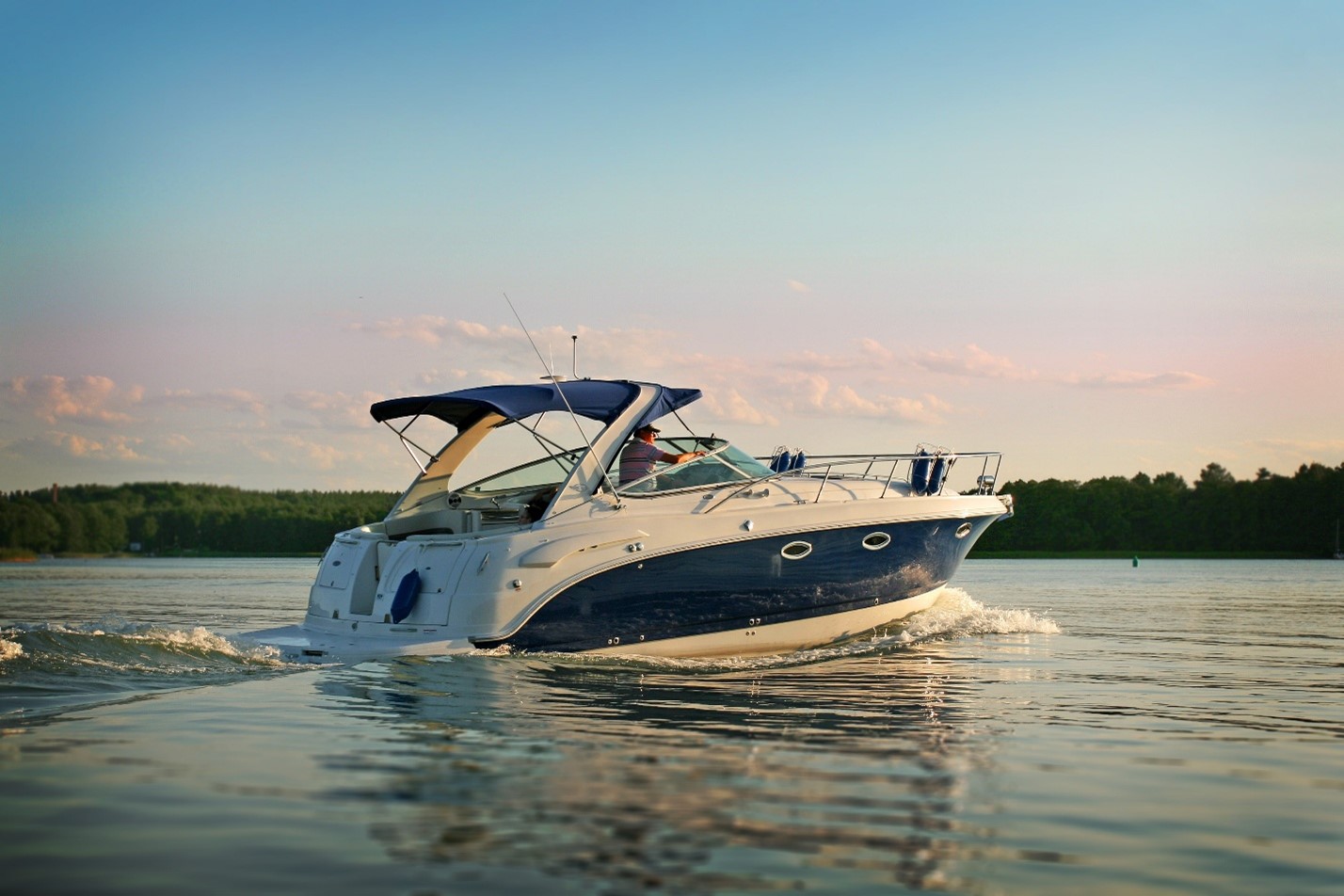
Owning a boat is a dream come true for many outdoor enthusiasts, offering freedom, adventure, and a chance to connect with nature. However, for first-time boat owners, stepping into the world of boating can feel overwhelming. From selecting the right vessel to maintaining it for years to come, understanding the fundamentals is essential. Christopher Peyton Crawford of Mississippi will help you navigate the responsibilities of first-time boat ownership and set you up for smooth sailing.
Choosing the Right Boat for Your Needs
The first step in boat ownership is selecting a vessel that fits your lifestyle, budget and intended use. Chris Crawford of Mississippi understands that boats come in a variety of shapes, sizes, and types, each designed for specific activities such as fishing, cruising, water sports, or sailing.
- Assess Your Priorities: Determine how and where you plan to use the boat. Will you be fishing on calm lakes, cruising the ocean, or towing water skiers? Christopher Peyton Crawford of Mississippi explains that this decision will narrow your options.
- Understand Types of Boats:
- Pontoon Boats: Ideal for leisurely cruises and family outings.
- Fishing Boats: Designed with features like live wells and casting platforms.
- Bowriders and Runabouts: Great for water sports and casual trips.
- Sailboats: Perfect for those who enjoy a mix of sport and relaxation.
- Cabin Cruisers: Equipped for overnight stays, offering comfort for extended trips.
- Set a Budget: Factor in the cost of the boat, insurance, registration, storage, and maintenance. Don’t forget operating costs such as fuel and docking fees.
- Buy New or Used: While new boats come with warranties and advanced features, used boats can be more affordable. Ensure a used boat is inspected by a marine surveyor to avoid surprises.
Basic Boating Equipment and Safety Gear
Every boat, regardless of size or type, must be equipped with essential safety and operational gear.
- Life Jackets: Carry one for each person on board, and ensure they are U.S. Coast Guard-approved.
- Emergency Supplies: These include a fire extinguisher, visual distress signals (flares), a sound-producing device (horn or whistle), and a first aid kit.
- Navigation Tools: Depending on your boating location, you may need GPS, nautical charts, or a compass.
- Anchor and Line: An anchor prevents your boat from drifting and is crucial for safety and convenience.
- Bilge Pump: Helps remove water from the boat and prevents flooding.
- Communication Devices: A VHF radio is essential for emergencies, especially when boating in remote areas.
Learning the Rules of the Water
Just like driving a car, Chris Crawford of Mississippi explains that operating a boat comes with its own set of rules and regulations.
- Boating License: Many states require a boating safety course and a license. Check your local regulations to ensure compliance.
- Navigation Rules: Learn about right-of-way, buoy markers, and common signals used between boats.
- Speed Limits: Adhere to speed limits in designated zones, especially near marinas, docks, and swimming areas.
- Alcohol and Boating: Operating a boat under the influence is illegal and dangerous. Stay sober to ensure the safety of everyone on board.
Maintenance: Keeping Your Boat in Top Shape
Regular maintenance is crucial to prolong your boat’s life and ensure safety. Chris Crawford of Mississippi shares what to focus on:
- Cleaning: Wash your boat after every trip, especially if it’s been in saltwater. Use marine-grade cleaners to protect surfaces.
- Engine Care:
- Change the oil as recommended by the manufacturer.
- Inspect and replace fuel lines if they show signs of wear.
- Flush the engine after saltwater use to prevent corrosion.
- Hull and Propeller Inspection: Check for cracks, dents, or damage that could affect performance. Remove debris from the propeller to avoid damage.
- Battery Maintenance: Keep your battery charged and check connections regularly. Store it in a dry, cool place during off-season months.
- Winterization: In colder climates, winterize your boat by draining water from the engine, adding antifreeze, and covering the boat to protect it from the elements.
Tips for First-Time Boat Owners
- Start Small: For your first boat, opt for something manageable in size and operation. As you gain confidence, you can upgrade to a larger vessel.
- Practice Handling: Spend time learning how to dock, anchor, and maneuver in different water conditions.
- Join a Boating Community: Networking with experienced boaters provides a wealth of advice and camaraderie.
- Insurance: Protect your investment with a comprehensive insurance policy tailored to your boating activities.
Enjoying the Boating Lifestyle
Once you’ve mastered the basics, boating opens up a world of opportunities. Whether you’re fishing at dawn, exploring secluded coves, or sharing sunset cruises with friends, owning a boat provides endless memories. Christopher Crawford of Mississippi emphasizes that the key is preparation—understanding your boat, maintaining it, and respecting the water.
Boating for the first time may feel daunting, but with the right approach and a commitment to safety and upkeep, it can be one of the most rewarding experiences of your life. So, get out there, embrace the journey, and let the waves guide you to adventure.
